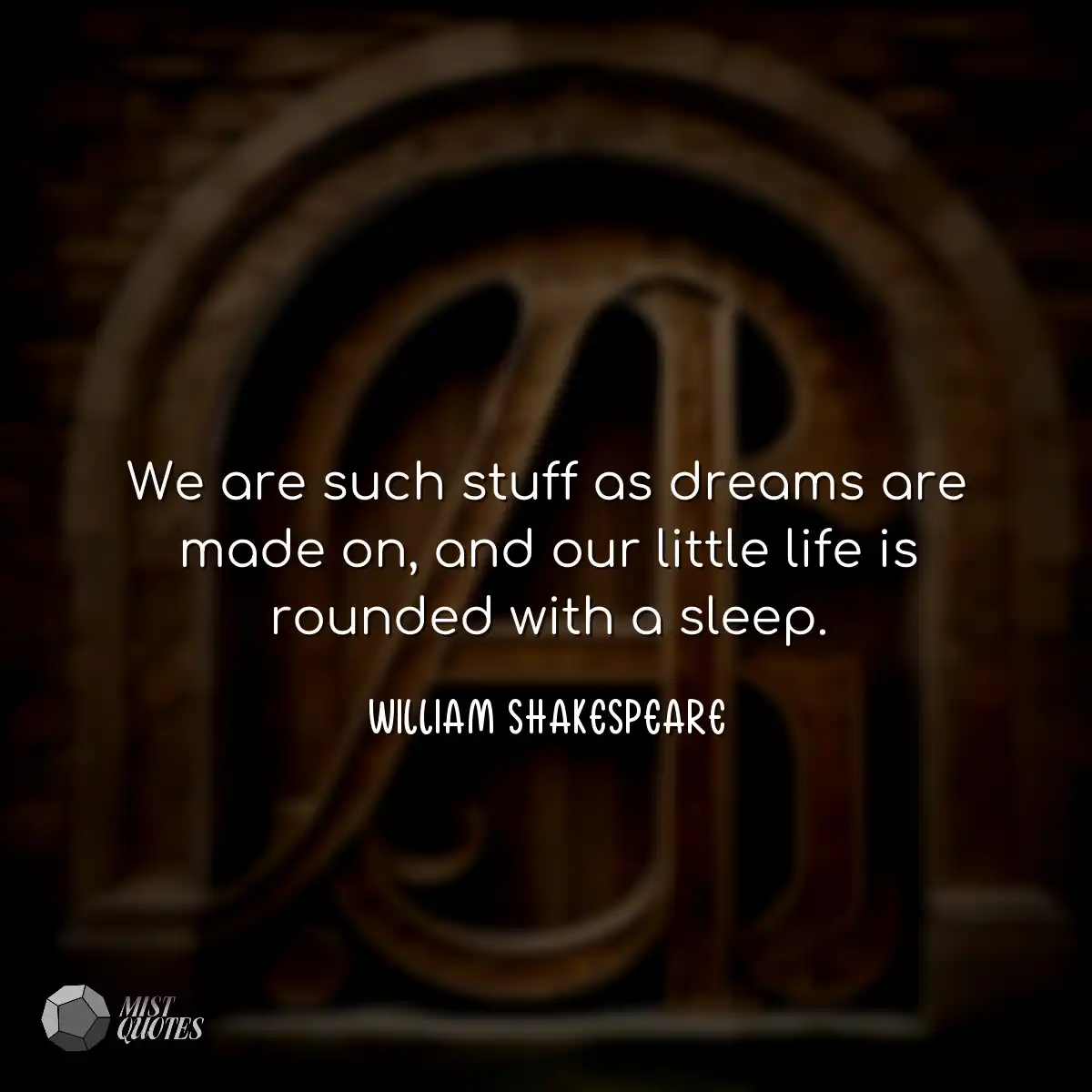
William Shakespeare
Poet, playwright and actor

To be, or not to be: that is the question.

All the world's a stage, and all the men and women merely players.

Love looks not with the eyes, but with the mind.

The course of true love never did run smooth.

This above all: to thine own self be true.

What's in a name? That which we call a rose by any other name would smell as sweet.

Brevity is the soul of wit.

We are such stuff as dreams are made on, and our little life is rounded with a sleep.

It is not in the stars to hold our destiny but in ourselves.

The better part of valor is discretion.
William Shakespeare, widely regarded as the greatest playwright and poet in the English language, left an eternal legacy that still resonates on stages and in the pages of books. In this article, we will explore Shakespeare's extraordinary life and his remarkable achievements that have established him as an iconic figure in literature and theater.
William Shakespeare was born on April 26, 1564, in Stratford-upon-Avon, England. Little is known about his formal education, but it is believed that he attended the local Grammar School, where he acquired a solid knowledge of the English language and classical literature. His youth was shaped by the theatrical environment in Stratford, where he had contact with performance and drama.
Shakespeare is best known for his plays, which cover a variety of genres, such as tragedies, comedies, histories and romances. Among his most famous works are "Romeo and Juliet", "Hamlet", "Macbeth", "Othello" and "King Lear". His plays are marked by an unparalleled ability to explore the complexity of the human condition, portraying passions, ambitions, moral conflicts and existential dilemmas.
Shakespeare is widely credited with having enriched the English language with his literary contribution. He created and popularized countless words and expressions that are still used today. Phrases such as "to be or not to be", "love is blind" and "something is rotten in the kingdom of Denmark" are just a few examples of the expressions he introduced into his work and which have become part of the English vernacular.
In addition to his skills as a writer, Shakespeare also brought dramatic innovations to Elizabethan theater. He was a pioneer in the deep characterization of characters, the complexity of plots and the exploration of universal themes. His soliloquies are acclaimed for their eloquence and ability to convey the depth of the characters' thoughts and emotions.
Shakespeare was co-owner of the Globe Theatre, a theater in London built specifically to stage his plays. The Globe became an important landmark in the history of theater, and was where many of his most famous plays were presented to the public. It was also at the Globe that his plays were staged in an innovative way, with the use of simple sets, natural lighting and a closer relationship between the actors and the audience.
After his death in 1616, Shakespeare's works continued to be staged and studied all over the world. His writings explore the complexities of human nature, the essence of love, politics, ambition, among other timeless themes. His words transcend time and are still relevant.
Recent Quotes
"To help a friend in need is easy, but to give him your time is not always opportune."
Charlie Chaplin
"Life can be wonderful if you're not afraid of it. All it takes is courage, imagination… and a little dough."
Charlie Chaplin
